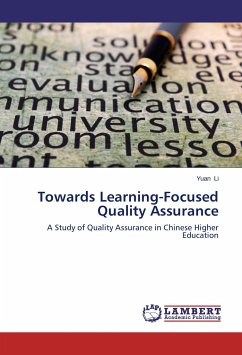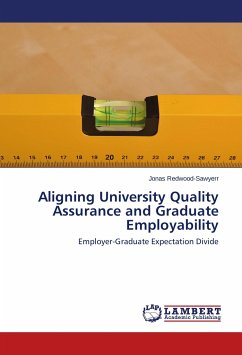Developing economies can no longer invest in education that creates systemic unemployment and underemployment for its citizens. Governments answer to addressing unemployment, and in particular youth unemployment, is the institutional massification of student enrolments into higher and further learning. In the absence of graduating with a reasonable prospect of employment, and inadequate resource capitalization of educational institutions, students are structurally disadvantaged in the global economy. The quality of teaching and learning is instrumental in producing skilled graduates that are able to be adsorbed as productive citizens. Globally, accreditation and quality assurance frameworks have been implemented with varying degrees of control and self-regulation. Regulatory frameworks have formed both an enabling and restrictive environment, where limited innovation is evident, and prospects of employment are questionable at best. This study explores global accreditation and quality assurance frameworks, and proposes alternative frameworks in pursuit of education for employment.
Bitte wählen Sie Ihr Anliegen aus.
Rechnungen
Retourenschein anfordern
Bestellstatus
Storno








